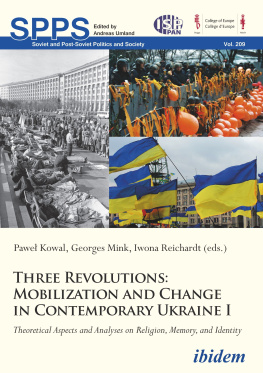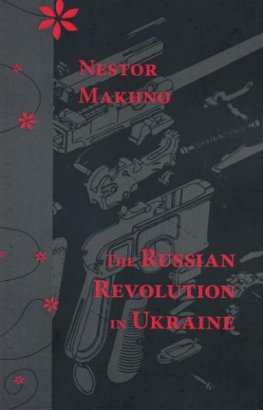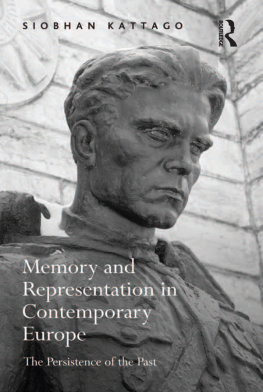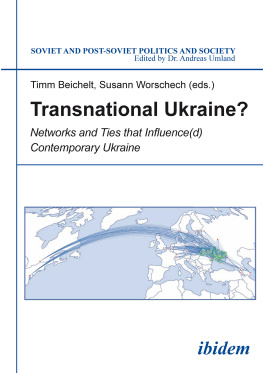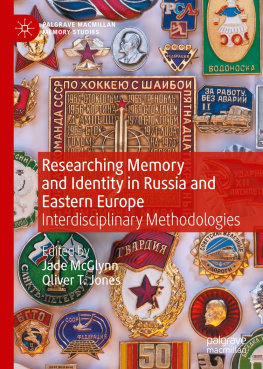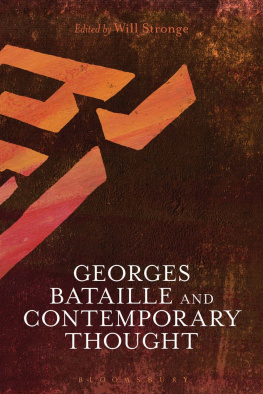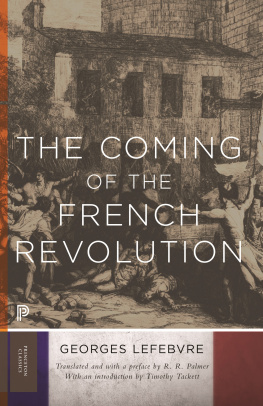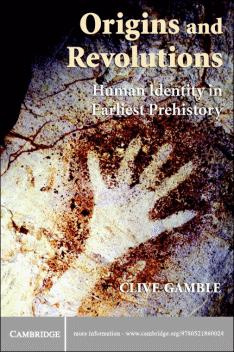Acknowledgements
On 5 May 2016, a conference titled People Power: Polish Solidarity and the Ukrainian Revolution was organized at the University of Cambridge. It was during one of the discussions between Oksana Zabuzhko and Stanley Bill at this conference when the idea to undertake a more complex study into Ukrainian revolutions was born. It fit well into the long-standing tradition of the projects of the College of Europe in Natolin in which it was engaged with numerous partners in Ukrainebased in both Kyiv and other regions of the country. In addition, the inspiration to create a whole research programme into the process of social mobilisation and change in Ukraine came also from a different academic work, namely a research programme, a conference and a publication collectively titled Communisms Negotiated Collapse: The Polish Round Table Negotiations of 1989, Ten Years Later which were undertaken by the University of Michigan in 1999 and the subsequent years. This project showed that from such a distanced place as a university campus a research endeavour can be undertaken into contemporary events which only there are calmly and rigorously analysed. Characteristically, contemporary events are often both an element of heated politics and an object of research undertaken by political scientists, historians, sociologists, and representatives of other social sciences. Faced with similar challenges, we decided to derive from this existing tradition.
The outcomes of these decisions included a series of conferences, a collection of oral history testimonies and this three-volume publication. From the very beginning we were supported in these endeavours by numerous institutions that pursue Ukrainian studies. They include: the Harvard Ukrainian Research Institute, the Canadian Institute of Ukrainian Studies at the University of Alberta, the School of Slavonic and East European Studies at the University College London, the National University of Kyiv-Mohyla Academy, the Institute of Political Studies at the Polish Academy of Sciences, the Centre for East European Studies at the Warsaw University, and Centre dtudes des mondes russe, caucasien et centre europen (CNRS). Here we would like to express our deep appreciation to them for their continued support. We would also like to thank the experts with whom we cooperated in the first phases of the project and they include: Bogumia Berdychowska, Marek Cichocki, Aleksandra Hniatuk, Joanna Konieczna-Salamatin and Jan Kubik.
We would also like to thank the members of the scientific board who kindly shared with us their wise advice and supported us in our determination to pursue comparative research in Ukraine. They included: Stanley Bill, Richard Butterwick-Pawlikowski, Robert Frost, Borys Gudziak, Iwona Hofman, Volodomyr Kravchenko, Jan Malicki, Markiyan Malskyi, Myroslav Marynovych, Grzegorz Motyka, Andrzej Nowak, Serhii Plokhii, Jacek Saryusz-Wolski, Timothy Snyder, Tomasz Stryjek, Frank Sysyn, Andrzej Szeptycki, Andrew Wilson, and Kataryna Wolczuk.
In addition, we would like to express our gratitude to those who helped us implement all aspects of the project, namely the two international conferences, seminars and the publication. A special thanks goes to: Marek Rybak, Anna Banach, Aleksandra Bellostas-Seweryn, Jonathan Hibberd, Mariusz Marszakowski, Przemysaw Pazik, Kateryna Pryshchepa, Pawe Pujszo, and Adam Reichardt. As the collection of oral history testimonies are a very important part of this project, we would like to thank everyone who supported us in this research collection. They include: Orest Boichuk, Olesya Yaremchuk, Roman Kabachiy, Anna Kotalchiuk, Tanya Kovtynovich, Liudmyla Levcheniuk, Iuliia Mendel, Iryna Miniaylo, Vitaliy Ovcharenko, Przemysaw Pazik, Pawe Pieniek, Agnieszka Pikulicka-Wilczewska, Natalia Prohasko, Tetyana Pryvalko, and Paulina Siegie.
Materials and primary results of our research have already been published in academic journals and collective works. For their cooperation in this regards we would like to thank the editorial team of New Eastern Europe and the Wrocaw Yearbook of Oral History. We would also like to thank Marek Cichocki, the editor-in-chief of Nowa Europa. Przegld Natoliski for the opportunity to publish a special edition focusing on social mobilisation and revolutions in Ukraine.
We would also like to thank Andreas Umland, who is the editor of the series Soviet and Post Soviet Politics and Society published by ibidem but also a respected expert in Ukrainian history studies, for the opportunity to publish our books under his aegis. We would also like to express our gratitude to Valerie Lange and the whole team of Ibidem Verlag for their assistance during the whole editorial process.
We are also in debt to all the researchers who allowed us to use their research findings and shared them with us in the first volume of this publication, as well as to all our interlocutors who have agreed to share with us their oral histories regarding the events in Ukraine. In the second volume, we publish 21 of these interviews with appropriate footnotes and references. The rest of the collected interview transcripts can be found on our website: www.3rnatolin.eu.
We would also like to thank the director of the archives of the Security Services of Ukraine, Andryi Kohut, for his support to the project and for providing us with unique materials from the collection of the KGB archives, which allowed usto a great extentto understand the Soviet interpretation of the revolutions in Ukraine, especially the Revolution on Granite.
We would also like to thank Andriy Meleshevych, Serhii Plohii and Jan Kubik for writing their recommendations of our publication. Also, we would like to thank Agnieszka Legucka and Yevhen Maghda for their reviews of the publication. We thank them for their critical remarks.
We would also like to thank all the translators, proof-readers and editors of this publication as well as those who prepared our collection of interviews for print. In the second volume we also include transcripts of some of the discussions which took place during the first symposium in 2017. We thank everybody who helped us with preparing them for print.
Lastly, we would like to express our special gratitude to the Vice Rector of the College of Europe Natolin Campus, Ewa Oniecka-Tamecka for offering us the opportunity to research Ukraines transformation. The outcomes of this endeavour was the Three Ukrainian Revolutions project which gathered academics as well as experts on Ukrainian system changes at annual symposia which took place on the premises of the Natolin campus of the College of Europe as well as created a collection of around 100 interviews which we carried out with the application of the oral history method and was completed by other unique archival materials that offer knowledge of the whole process of change which has taken place in Ukraine since the 1980s.
Pawe Kowal, Georges Mink, Iwona Reichardt

